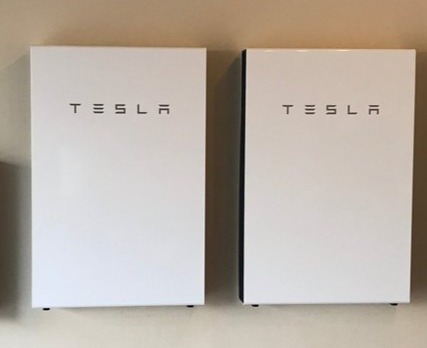ASHP vs Battery Storage - The Smart Solution to Energy Saving
- BTP Consultants
- Oct 13, 2022
- 2 min read
With energy bills set to continue increasing the need to reduce energy usage and save on utility bills is becoming more and more important.
Air Source Heat Pumps and adding battery storage to a property are the two main technologies that are presented as the best for energy saving. But which one is best?
ASHP
What is an ASHP? Heat pumps are designed to replace traditional gas boilers. Heat pumps provide boiling water, heated by electricity as opposed to the traditional gas boiler. On top of reducing the need for gas boilers ASHP's are also subsidised by the government making them an attractive energy saving technology.
Battery Storage
While commonly associated with PV installations battery storage is an energy saving technology all by itself. Designed to be charged up at night during the off-peak electricity rates batteries enable your household to be run off stored electricity thereby reducing the need for expensive high tariff electricity rates.
When looking at an average household with average energy consumption there are some surprising conclusions to be found when comparing the two technologies.
While an ASHP may provide the heating and hot water property requirements with electricity prices as high as they are the capital outlay will not be offset. In addition ASHP's require a three phase electricity supply and often times for refurbishment projects upgrades to radiators.
At a similar capital cost battery storage is able to be installed far easier and is designed to be run at night when electricity tariffs are far cheaper.
A heat pump which requires 3.500 kWhr a year will cost around £1,200 a year in electricity costs (@34p/kWhr). At current prices this would mark only a minimal saving on gas required to heat a traditional gas boiler. With these minimal gains payback is likely to be in excess of 40 years without even factoring in any additional setup costs a heat pump may require.
In comparison batteries can take advantage of cheaper electricity rates. Off peak electricity rates of say 20p/kwh between 2-6am and 34p/ kwh at all other times.
An electric vehicle which requires 5,500 kwh per year would cost £1,870 at peak tariff or £1,100 off peak. A yearly saving of over £770 just on vehicle charging.
A typical household requires around 15kWh's per day. At 34p per kWh this equates to around £5.10 per day in electricity. An 8kWhr battery system would cost (8x20p = £1.60p per day to be charged + remaining 7kWhr at 34p = £2.38) = £1.12 a day/£408 a year in savings. The battery system would cover roughly half of a typical household's supply with payback 4 years with an electric vehicle or 12 years without (this assumes an 8kWhr battery installed cost of £5,000).
For more information on energy saving, carbon emissions or sustainable design please contact us here.
%20(2)_edited.png)







Comments